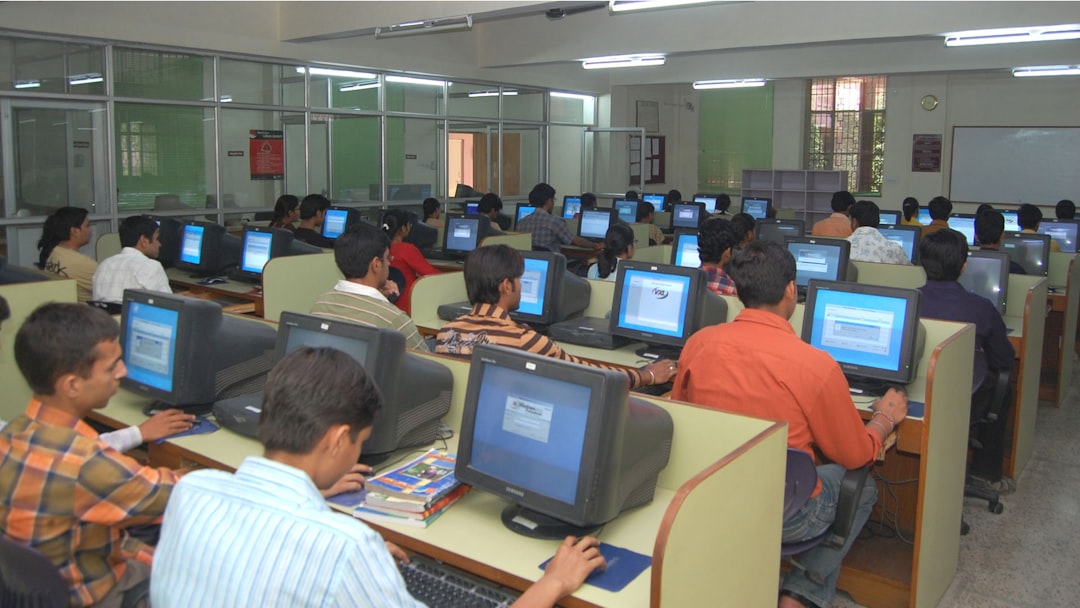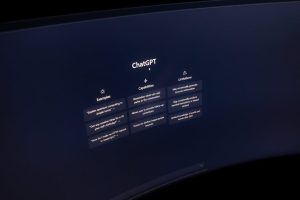No products in the cart.
Phillips Education: Pioneering India’s Technical Skill Revolution
Phillips Education is at the forefront of India's technical skill revolution, equipping the workforce for future challenges. Learn how they are shaping careers.
In a world racing towards automation and digital transformation, the need for skilled professionals has never been more urgent. Enter Phillips Education, a beacon of hope in India’s vast landscape of opportunity. As the nation grapples with the twin challenges of youth unemployment and a skills gap, Phillips Education is leading a revolution in technical skills training, crafting a future-ready workforce that can thrive in an ever-evolving job market.
Founded with a mission to bridge the skills divide, Phillips Education has become synonymous with innovation and excellence in vocational training. Their approach is holistic, focusing not just on technical prowess but also on critical soft skills that employers crave. In a country where over 600 million people are under the age of 25, the stakes couldn’t be higher.

The backdrop of this transformation is India’s demographic dividend—a youthful population that, if properly equipped, could propel the nation into a new economic stratosphere. However, a 2021 report by the National skill development Corporation (NSDC) revealed that only 4.69% of India’s workforce has received formal skill training, a staggering gap that Phillips is determined to fill.
 Career Advice
Career AdviceUnlocking Career Pivots: The Psychology of Transition
Discover the psychological frameworks that guide successful career changes and how to apply them to your own journey.
With a curriculum designed alongside industry leaders, Phillips Education offers practical, hands-on learning experiences that resonate with students. From coding bootcamps to training in advanced manufacturing techniques, the organization is redefining what it means to be job-ready in the 21st century. And it’s not just about the technical skills; Phillips integrates critical thinking, communication, and teamwork into its programs, ensuring graduates are well-rounded.
However, a 2021 report by the National skill development Corporation (NSDC) revealed that only 4.69% of India’s workforce has received formal skill training, a staggering gap that Phillips is determined to fill.
Take the story of Priya Sharma, a young woman from a small town in Uttar Pradesh. After completing her training in data analytics at Phillips, she landed a job at a leading tech firm in Bengaluru. “I never thought I could work in a big city,” she recalls, her eyes shining with pride. “Phillips taught me not just the skills but also how to believe in myself.” Her journey is a testament to the transformative power of education and the potential that lies within every ambitious individual.
But Phillips Education is not just about individual success stories; it’s also about the broader impact on the economy. By collaborating with local businesses and global corporations, they create a feedback loop that ensures their programs remain relevant. This partnership model is crucial in a rapidly changing job market where the skills needed today may be obsolete tomorrow.
Moreover, Phillips has embraced technology in its training methodology. Virtual classrooms and online modules have made their programs accessible to students from all corners of India, including remote areas where educational resources are scarce. This digital approach aligns with the global shift towards e-learning, positioning Phillips as a leader in the education sector. As the pandemic accelerated the adoption of online learning, Phillips was already ahead of the curve, ensuring that students could continue their education without interruption.
 Career Trends
Career TrendsWhy Gen Z Rejects the ‘Dream Job’ Myth
Gen Z is redefining career fulfillment, challenging traditional notions of 'dream jobs' in pursuit of meaningful work and flexibility.
Read More →As we look to the future, the role of organizations like Phillips Education will only grow in importance. The World Economic Forum predicts that by 2025, 85 million jobs may be displaced due to the shift towards automation, while 97 million new roles could emerge. This paradox presents both a challenge and an opportunity for young professionals in India and beyond.
Phillips Education is uniquely positioned to address this shift. Their agility in adapting curricula to meet emerging trends is commendable. For instance, as the demand for green technology rises, Phillips is already integrating sustainability practices into its training programs, preparing students for careers in renewable energy and sustainable practices.
As the pandemic accelerated the adoption of online learning, Phillips was already ahead of the curve, ensuring that students could continue their education without interruption.
The question remains: can Phillips Education scale its efforts to meet the growing demand for skilled labor? With ambitious plans to expand its reach beyond urban centers, they aim to empower millions more. The potential is vast, and the impact could be profound, not just on the lives of individuals but on the entire economy.
 AI
AIUOB Launches Major Upskilling Initiative for AI Integration
UOB is launching an ambitious upskilling initiative to prepare its workforce for an AI-driven future, ensuring employees are equipped with…
Read More →As we stand on the brink of a new era of work, the message is clear: education must evolve alongside the job market. Phillips Education is not just responding to this change; they are leading it. With their unwavering commitment to excellence and innovation, they are not only shaping careers but also building the foundations of a robust economy where everyone can thrive.











